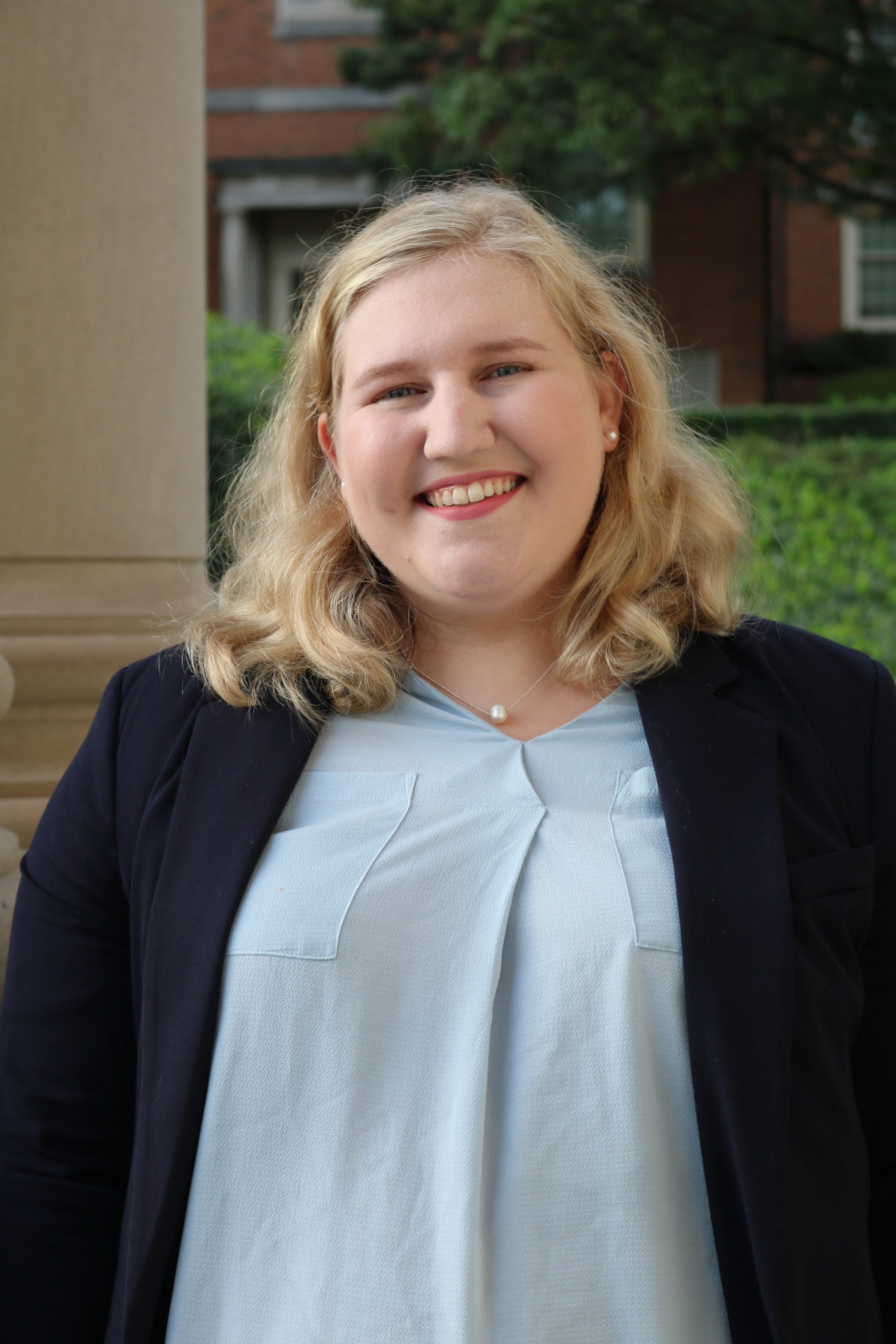Students participating in Step Sing dedicate their time and energy to their shows for a little over three weeks before taking the stage. Over time, it becomes exhausting as students like sophomore Andrew Clark juggle Step Sing practice and academics, but he wouldn’t trade his experience for anything.
“In addition to being a fun bonding experience with people in your group, it also, because of how time intensive it is, helps students learn how to manage their time better and juggle multiple responsibilities at once,” Clark said.
Junior Anna Grace Moore said she has enjoyed Step Sing because she gets to have fun with her friends.
“The more fun you have, the more enjoyable it is to wake up the next morning even when you feel sore,” Moore said.
It is an exciting time for students during Step Sing weekend, but during the first week after it ends, students are adjusting to the extra time they have as well as catching up on academics and sleep. Now that it is all over, students must find a new routine for the rest of the semester.
“The first week after Step Sing almost feels like a new start to the semester,” Clark said.
Sophomore Jenna Barron felt said she had so much time after Step Sing and she had to adapt to that.
“I had to find other things to do,” Barron said.
After Step Sing, students said they need time to physically and mentally recover the first few days after the event. Professor Lisa Baker, chair of the Department of Social Work, and a clinical social worker discussed the importance of resting, reprioritizing one’s time, setting boundaries and knowing one’s limits.
The first thing she said to do is to take a break and get back to eating right and staying hydrated.
“Take a few days to recharge and regroup and then hit it again with those basic time management skills,” Baker said.
Baker recommends students get back on track with a regular routine after they have recharged, and to also reconnect with people they didn’t have time to meet with during Step Sing.
When it comes to academics, Baker emphasizes the importance of prioritizing what needs to be done. Baker recommends spending some time mapping out what students need to address. If there are small assignments that students can get out of the way quickly, Baker says to go ahead and take care of it and break up the bigger assignments.
“It’s really easy to get behind and feel very overwhelmed,” Baker said.
One way to reprioritize and map out what needs to be done is to have some type of planner. In it, Baker said students should go through each class and put down what they need to accomplish. She also said students should dedicate time to solely planning.
If students begin to feel overwhelmed, Baker reemphasized getting enough rest as that will give students the resources to tackle everything else. Students can also reach out to their support systems, teachers and peers.
“There’s a lot of support on Samford’s campus. Don’t hesitate to reach out,” Baker said.





